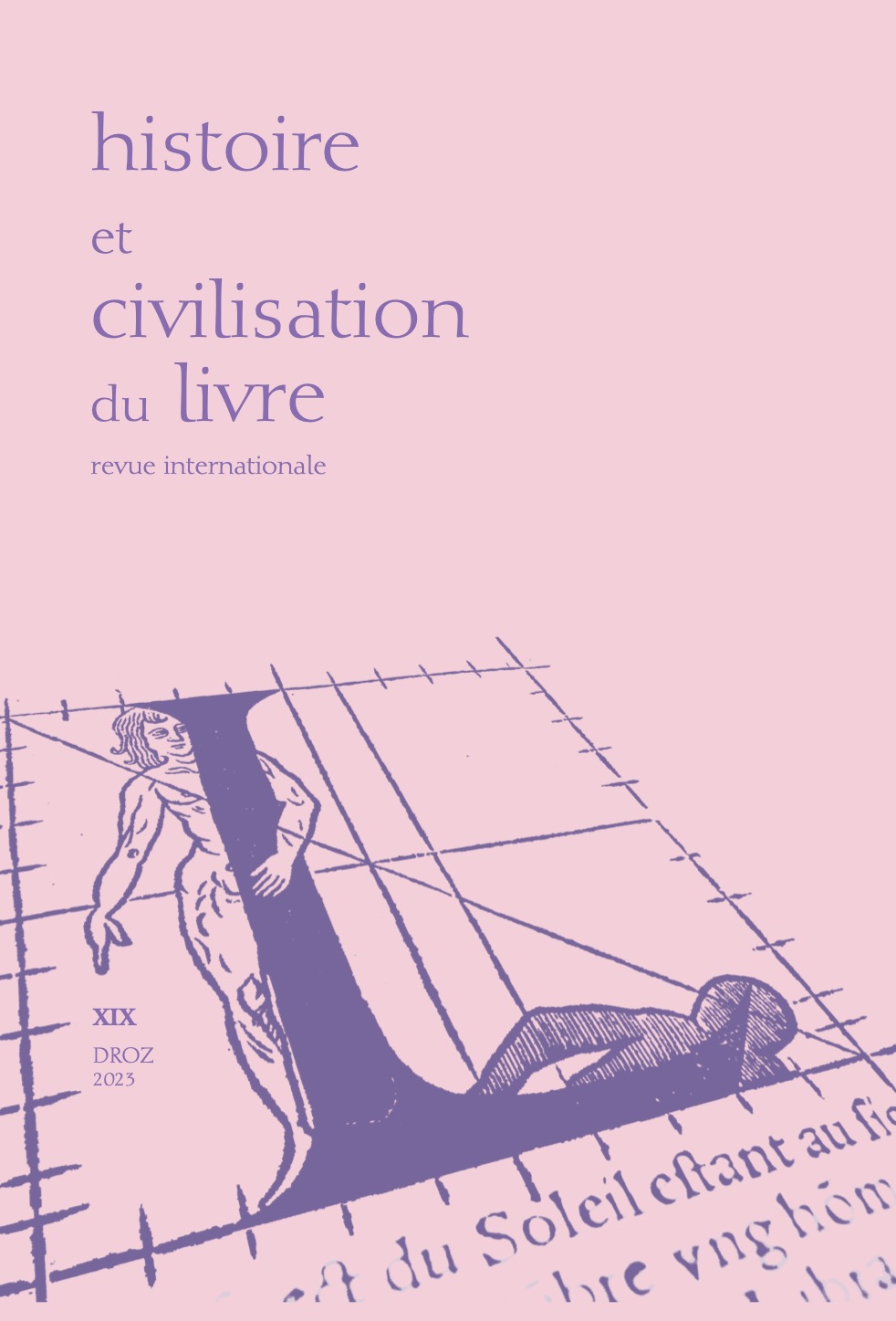Les éditeurs parisiens de chansons à la fin du Second Empire, censurés mais tolérés
Abstract
From 1867 onwards, the cafés-concerts in Paris grew so fast that they were conformed to the regulations of the theaters, and were obliged, like the theatres, to deposit the manuscripts and printed materials of their daily program, both songs and plays, in the hands of the Ministry of the Interior, in charge of censorship. This led, in 1906, date of the suppression of the censorship of spectacles, to the deposit, in the Archives, of thousands of printed songs, authorized or forbidden, and of small vaudevilles. This huge collection, which has the advantage, compared to the collections held in the Department of Music at the Bibliothèque nationale, of being classified chronologically and not alphabetically, allows us to study and list this repertoire of popular songs, published as leaflets, often abundantly illustrated, and distributed at the end of performances. Their publishers replaced the peddlers who almost completely disappeared at the end of the Second Empire. Although they were strictly controlled for the “loose morals”, “prostitutes and pimps, licentious anecdotes”, narrated in the songs, these publishers, major and minor, competed with each other, creating collections sometimes printed up to 3,000 copies, with a sometimes very rich iconography, with the obvious desire to make song a recognized discipline, and to constitute a repertoire to be sung and diffused in all classes of society.

